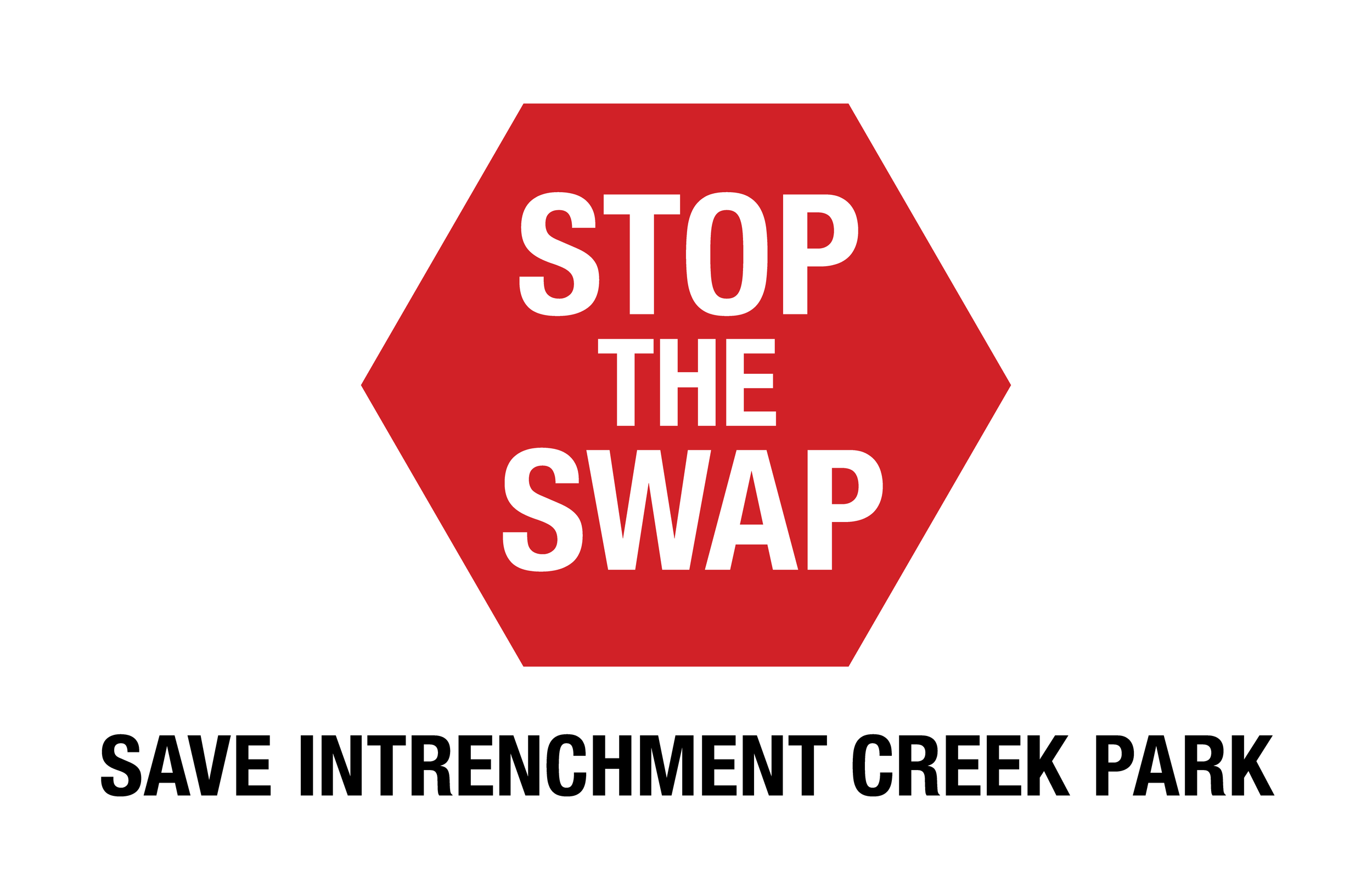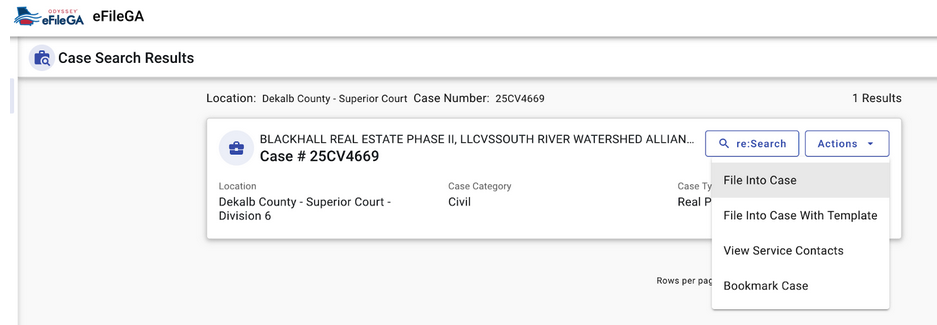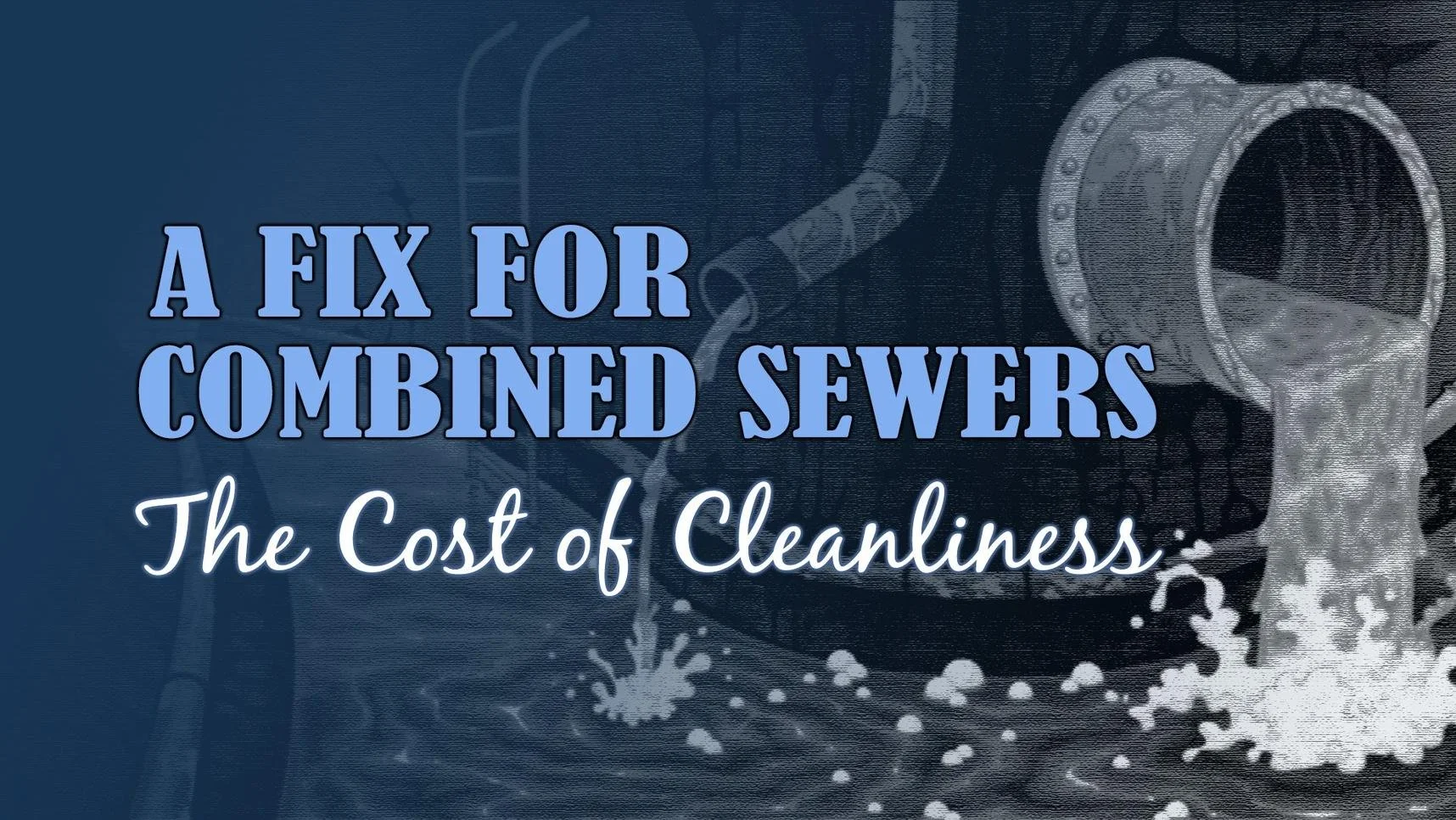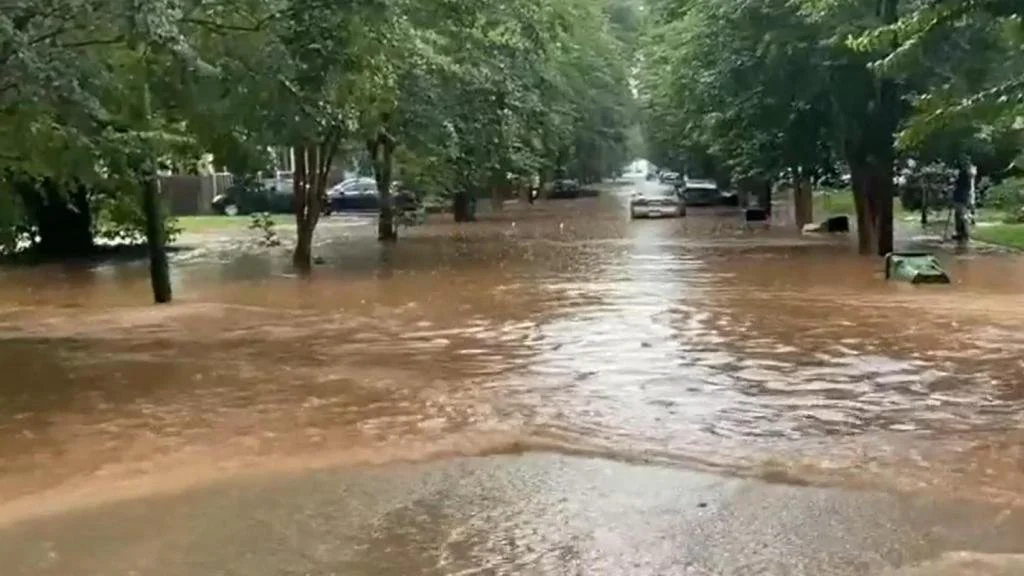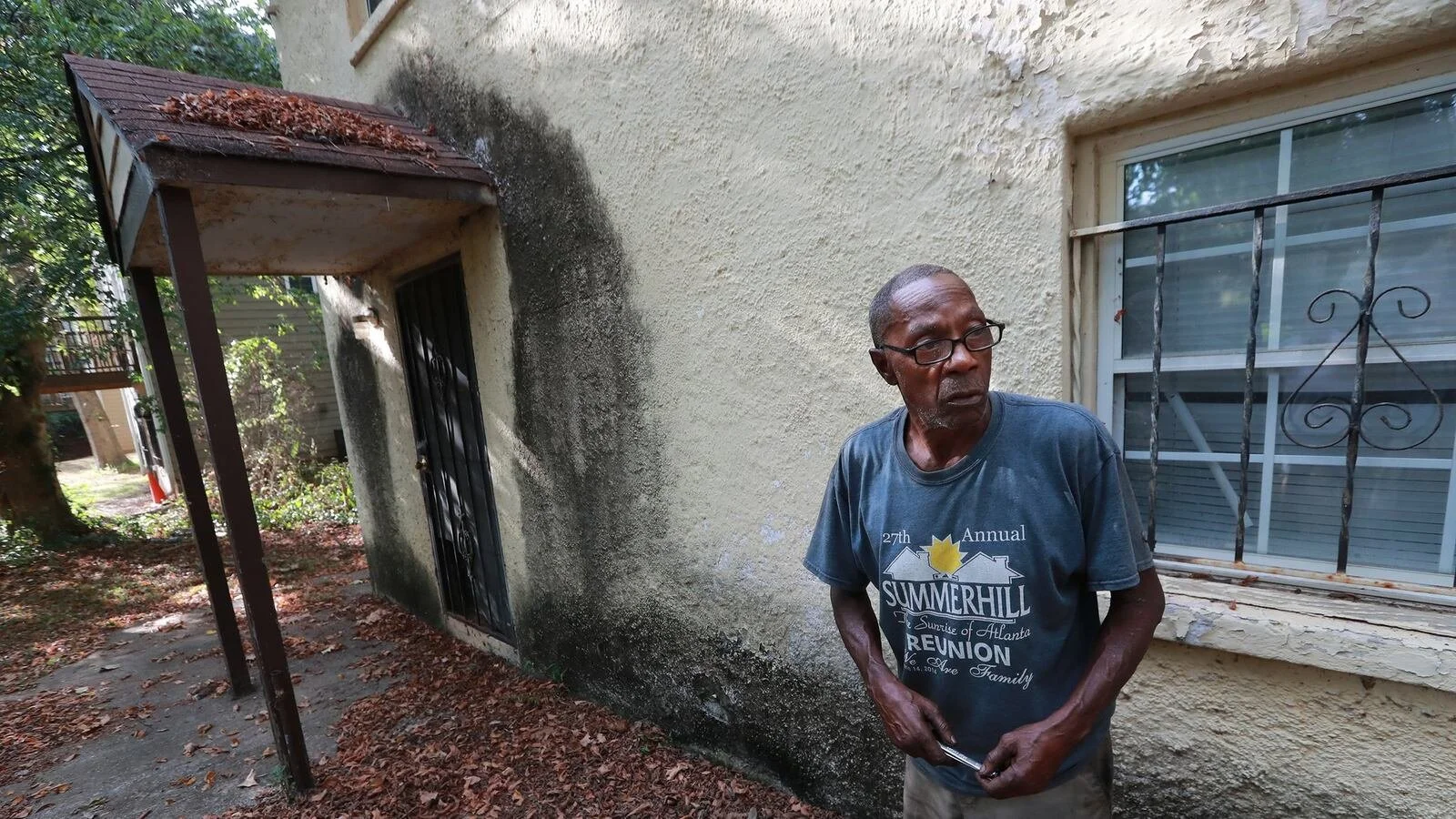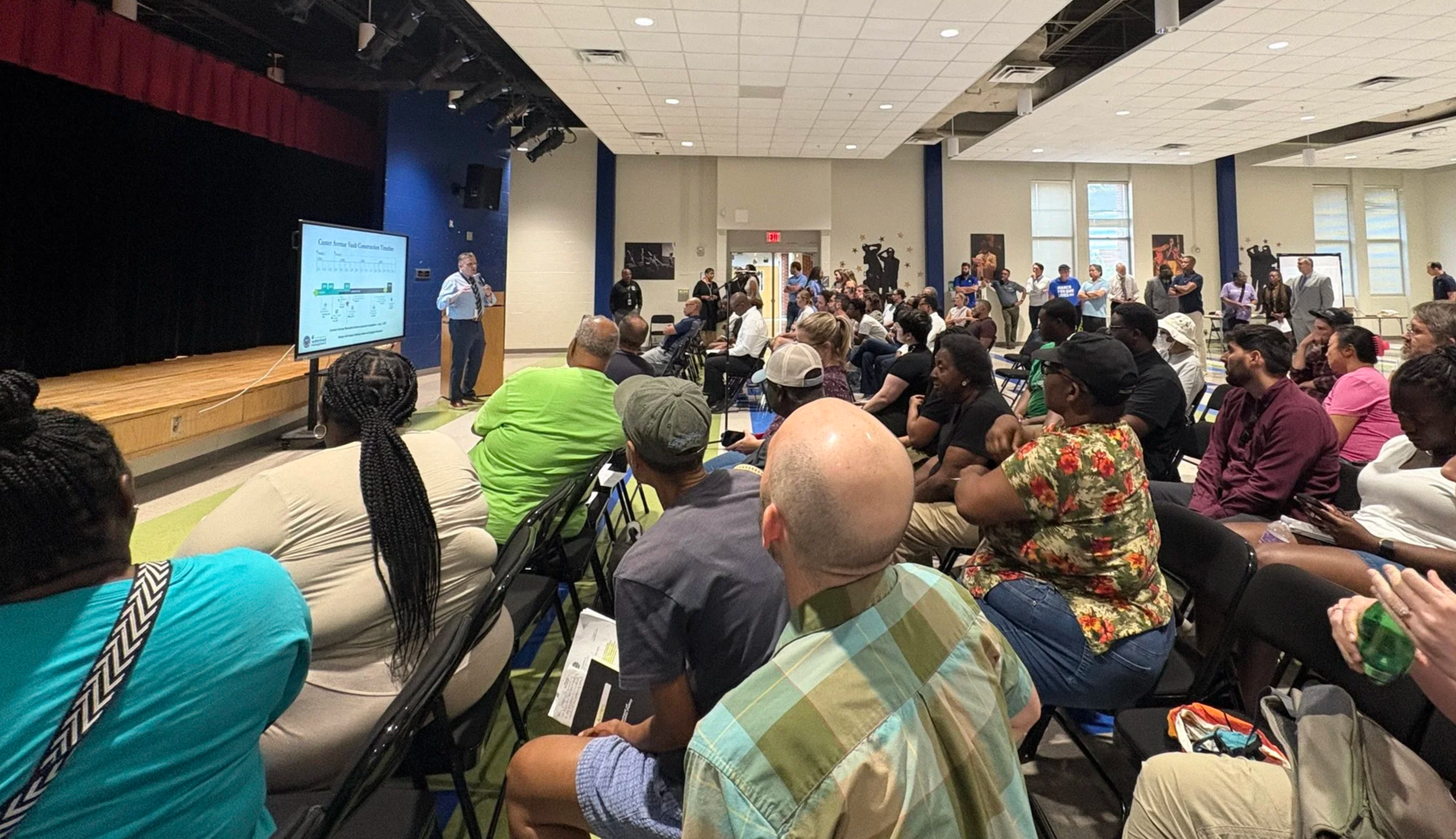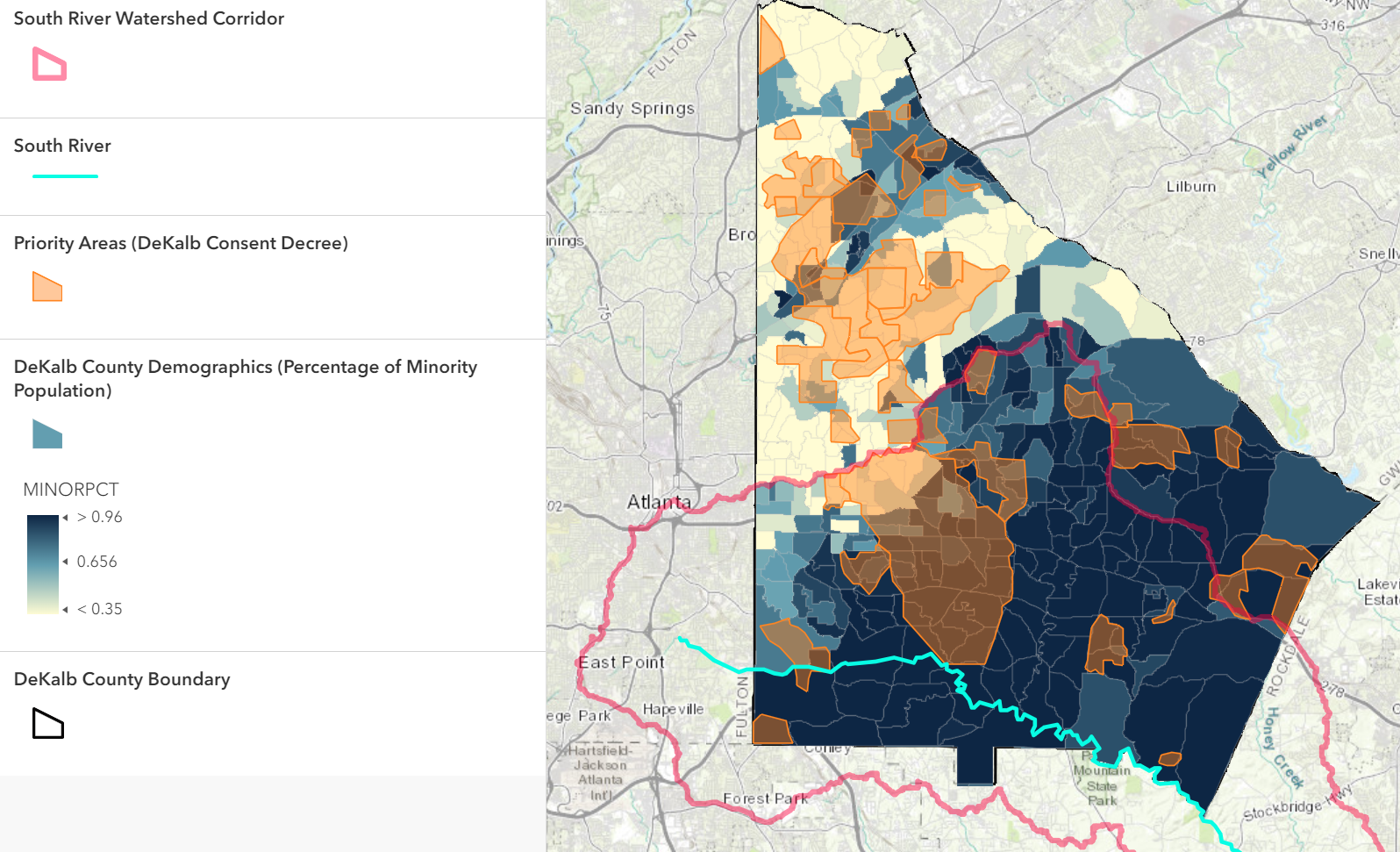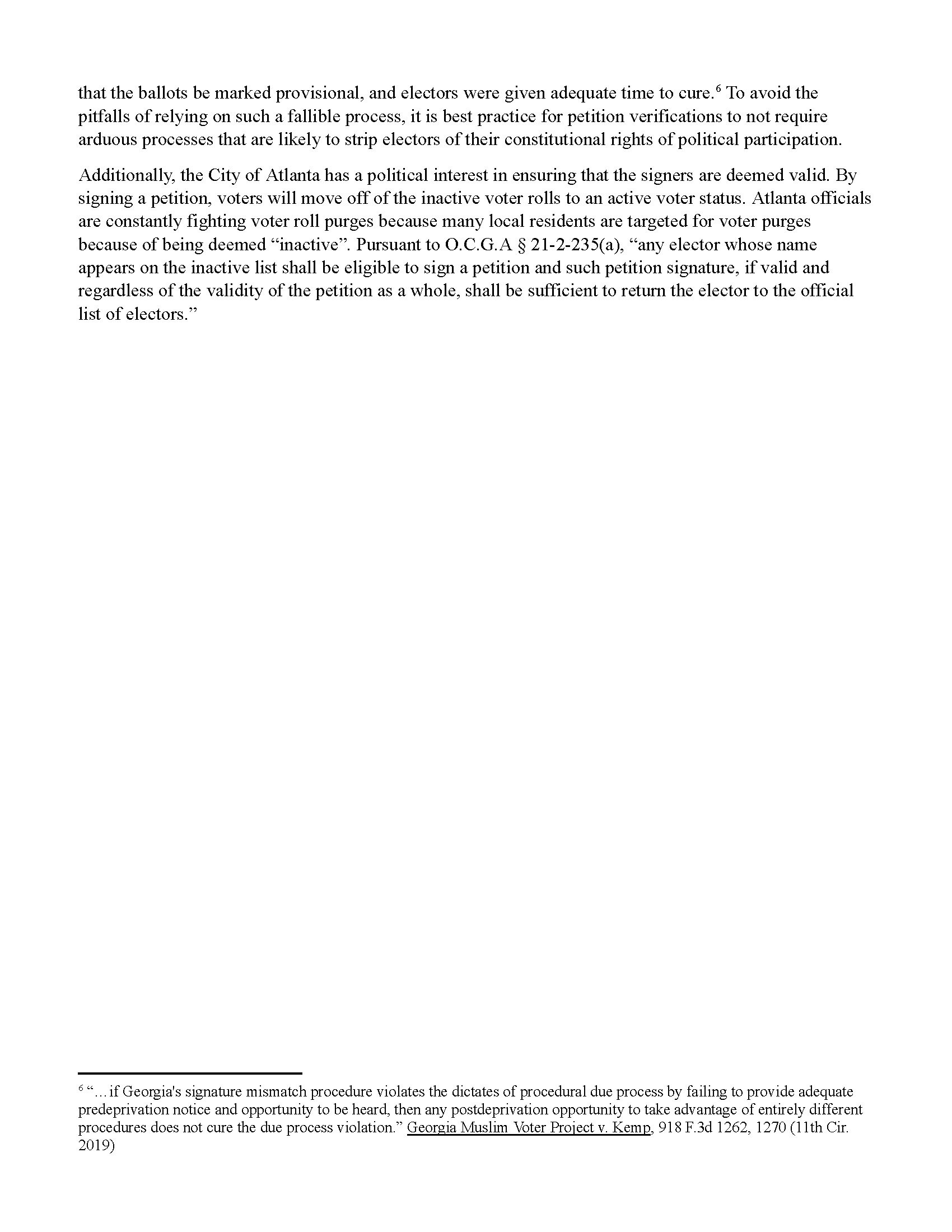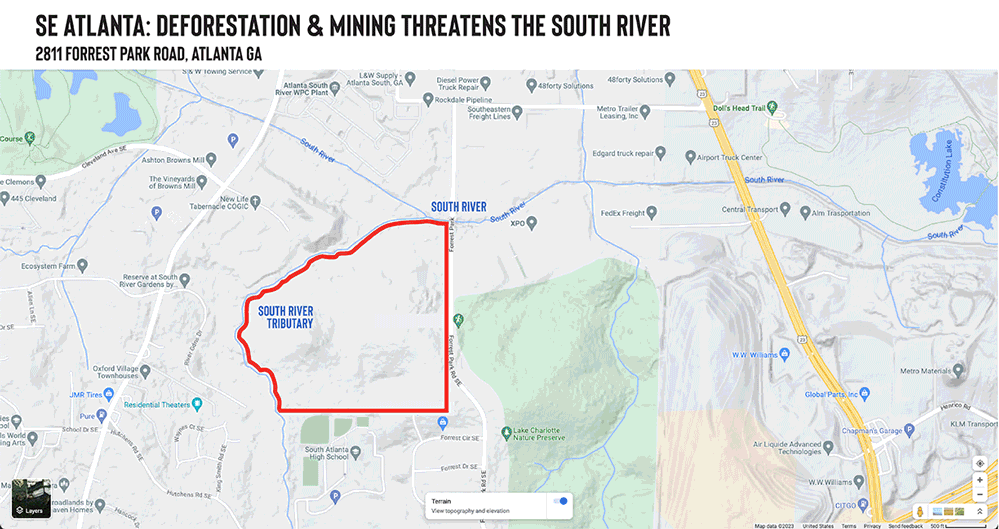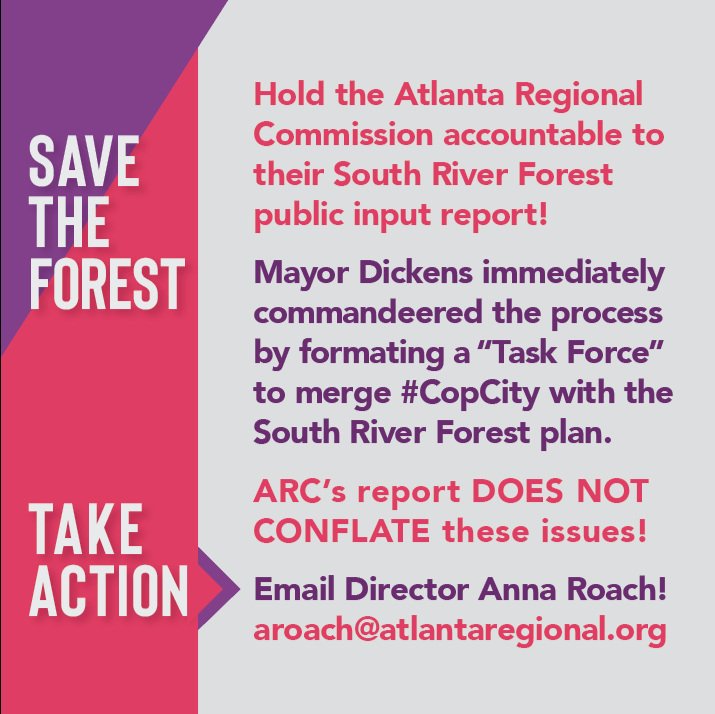Ryan Millsap (Blackhall Studios) entered a Quiet Title Action (QTA) in 2025 in attempt to clear the title on the swapped park land and sell it. As of January 8th, any member of the public who used the park can enter the QTA, thereby challenging Millsap's claim to the land! DEADLINE: Monday, February 23rd.
• • •
HOW TO TAKE ACTION: The below instructions are available via PDF HERE.
>> Sign the Affidavit: DOWNLOAD THE AFFIDAVIT HERE
It is 12 pages. Your signature may be printed or e-signed on the last page. Include the date and your address (optional). Note that you will need a signed Affidavit in PDF format for e-Filing.
• • •
>> e-File your Affidavit with the DeKalb Superior Court Clerk
Begin by registering for an Individual Account with eFileGA. Check your email to Activate Account. Sign in and add a Payment Method (filling will cost $25 and change).
3-STEP INSTRUCTIONS for e-FILING:
Step #1 - Add yourself as a party to the case
Go to Home/Dashboard, Click “Start Filing”
Choose “File ino Existing Case”
Location: “DeKalb County - Superior Court”
Case # 25CV4669
Search - This page should load:
Actions (upper right) > File into Case
Case Info page: Click “Parties” (bottom right)
Parties page: Click “Add More”
Add yourself as a Party:
Type: Defendant
Choose: I am this party
Attorney info: “Pro Se” (self-represented) or enter the name of your attorney
Save - Now your name should be listed as a defendant!
Step #2 - e-Filing with the DeKalb Superior Court Clerk
On the Parties page: Click “Filings” (bottom right)
Filings page: Add Filing
Filing Type: Choose “eFile Only”
Filing Code: Choose from dropdown “Response in Opposition”
Filing Description: Response in Opposition to Quiet Title Action Case #25CV4669
Client Reference #: (leave blank unless you have a lawyer who’d like to enter a ref #)
Comments: Leave blank or suggested: “The uploaded PDF document is an affidavit in response signed by me, [your name]. If this filing is not accepted, please advise as to what information is insufficient and/or incorrect. Thank you.”
Upload your Signed Affidavit (make sure your pdf is not locked)
Save
Skip to Fees
Party Responsible for Fees: Choose Your Name
Calculate Fees
Summary (bottom right) - Review to ensure all info is correct
Submit!
Step #3 - Send your affidavit to Millsap’s attorney
The last required action is that you serve Millsap’s attorneys.
Wait until you get a confirmation email from eFileGA that your filing is accepted. Should take less than 24 hrs.
Acceptance email will include a link to DOWNLOAD DOCUMENT. This is your official file-stamped copy!
Email your file-stamped copy to:
You are done!
Thank you for challenging the land swap with SRWA.
If your filing is rejected, please troubleshoot with the clerk’s office and review the above instructions to double check each step. If you still have trouble after this, call 706-254-9526. Please be prepared to log into your eFileGA account and hop on Zoom so that we can attempt to assist you.

